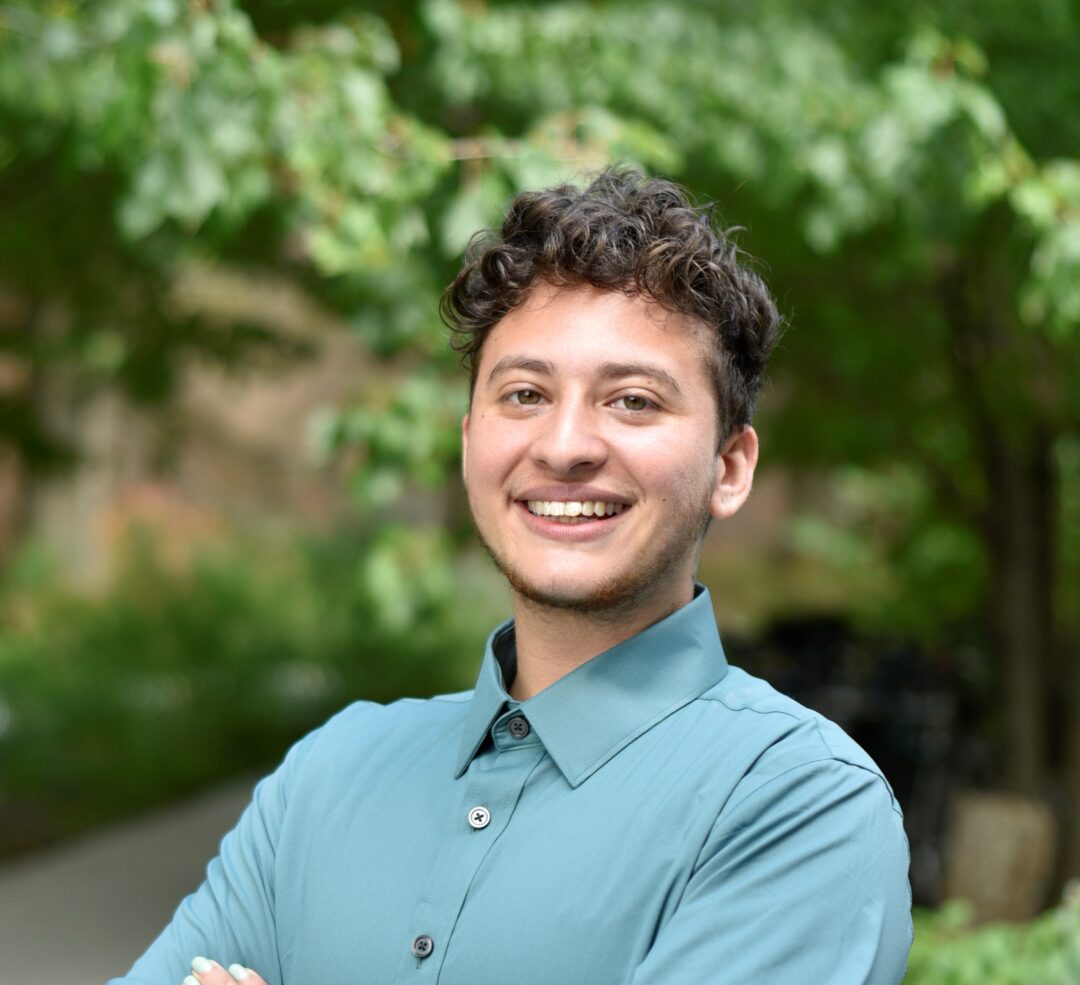
When it comes to environmental vulnerability, one group of people society often marginalizes has started to act up in Connecticut.
Activists say one major category is missing when policymakers look at climate change preparation: the lesbian, gay, bisexual, transgender, queer (LGBTQ+) community. An environmental activist movement for LGBTQ+ people has been building in the New Haven area for a few years. Those involved in the movement say evidence is beginning to accumulate that makes a clear connection between environmental threats, sexual orientation and gender identity.
Their environmental vulnerability comes mainly from this group’s higher poverty rates. LGBTQ+ young people are homeless more often than the general population. Five years ago, the University of Chicago found that 40% of the homeless population was LGBTQ+ young people; 5 to 10% of the general youth population is from that group.
Adrian Huq became an environmental activist in New Haven while a high school student. Huq, who is nonbinary and uses they/them pronouns, first became interested in recycling, waste and energy. They soon co-founded the New Haven Climate Movement Youth Action Team. Huq is now a sophomore at Tufts University, majoring in applied environmental studies. They said the vulnerability of LGBTQ+ people can start with the rejection of their families, which often leads to other problems.
“For any folks trying to wrap their heads around this issue, it starts with poverty,” said Huq, who is 19 and living in the New Haven area while studying remotely at Tufts during the pandemic. “Anti-LGBTQ+ bias, mental health, substance abuse … homophobic bias or transphobic bias can get you kicked out, leading to homelessness.”
Huq said anyone struggling to understand the queer community should realize that they probably already know an LGBTQ+ person and don’t realize it. “Twenty-one percent of Gen Z identify as LGBTQ+. I am very proud to be part of Generation Z,” Huq said.
Leo Goldsmith, a recent graduate of the Yale School of the Environment, has authored two papers on LGBTQ+ people and climate change.
“Due to my intersectional identities as a queer and transgender individual who is also Latinx and my understanding of the immense amount of discrimination and disparities that occur within LGBTQ+ communities, especially those with intersecting marginalized identities,” Goldsmith said, “I wanted to explore the question: Are LGBTQ+ communities impacted by climate change similarly to how other marginalized groups are?”
These vulnerabilities have been there for decades but remain understudied, Goldsmith said. He is 28 and lives in Washington, D.C., where he works as a climate and health specialist at ICF, a firm that studies climate change and related effects for the U.S. Global Change Research Program.
Goldsmith’s peer-reviewed study, “Queering Environmental Justice,” co-authored with Yale Professor Michelle Bell, said that researchers have yet to properly study the effect of environmental and health inequities on LGBTQ+ populations “despite higher rates of chronic physical and mental illnesses.” Goldsmith and Bell referred to a 2019 study that found 1 in 6 LGBTQ+ adults avoid going to the doctor because they expect discrimination.
In 2020, when the Federal Emergency Management Agency introduced its National Risk Index, which, in addition to rating communities’ vulnerabilities to natural hazards and weather events, also rates their social vulnerabilities to such events, there was no mention of the LGBTQ+ community. According to the formula, socially vulnerable people include females, Blacks, Latinx, Native Americans, those who live in mobile homes, those without cars, the unemployed, renters, and those in assisted living. Of the more than two dozen categories, none mention LGBTQ+.
The social vulnerability index can, for example, map where people might suffer health problems, lack easy access to a car in the chaos of an evacuation, or might suffer excessively from pollution, mold or heat.
“I’m glad you are looking into maps,” said Goldsmith. “I don’t know of a single one that includes SOGI (sexual orientation and gender identity).”
About This Article
This article appeared in c-hit.org April 11, 2022.
